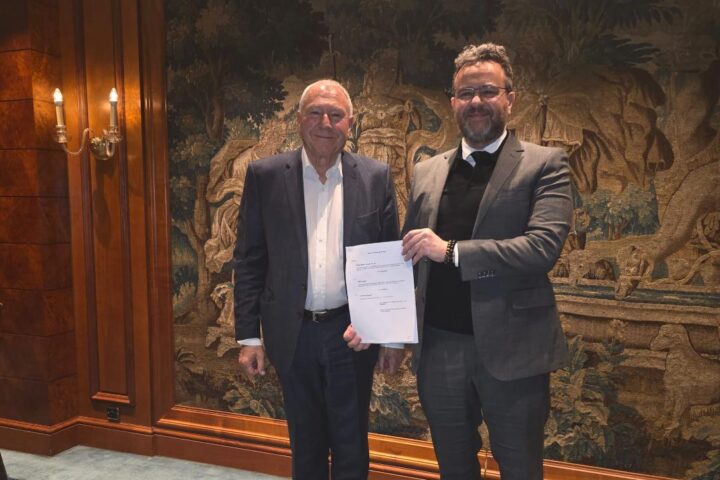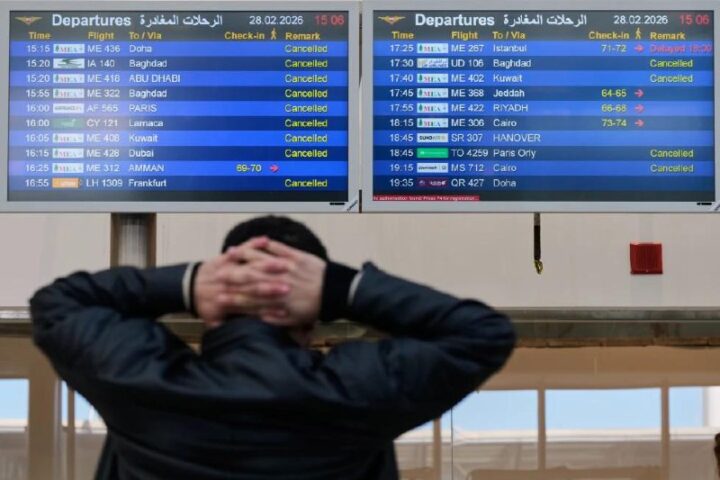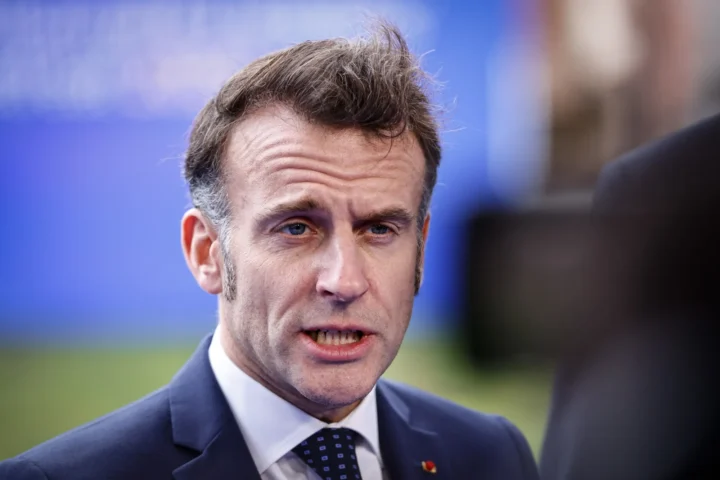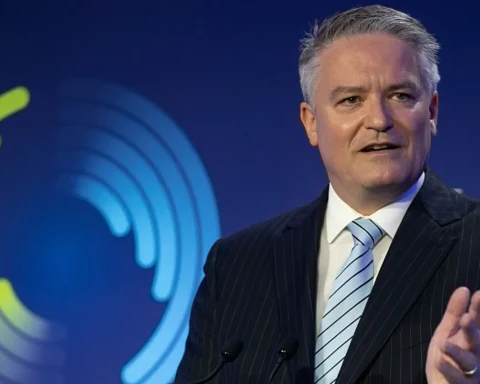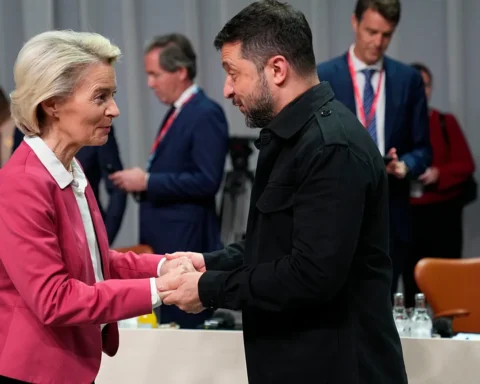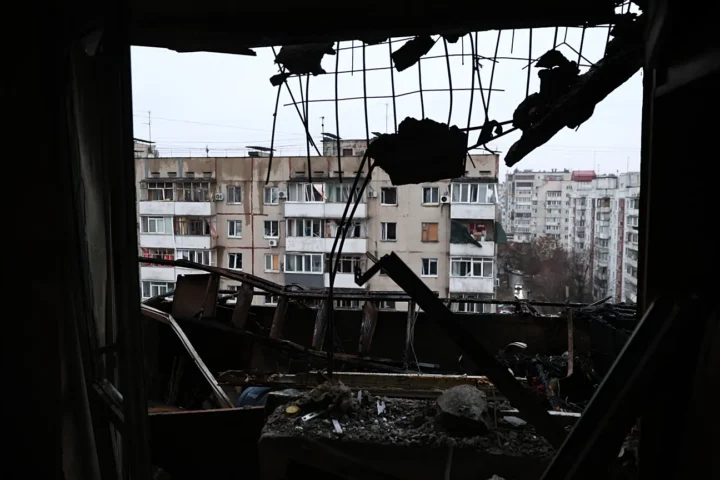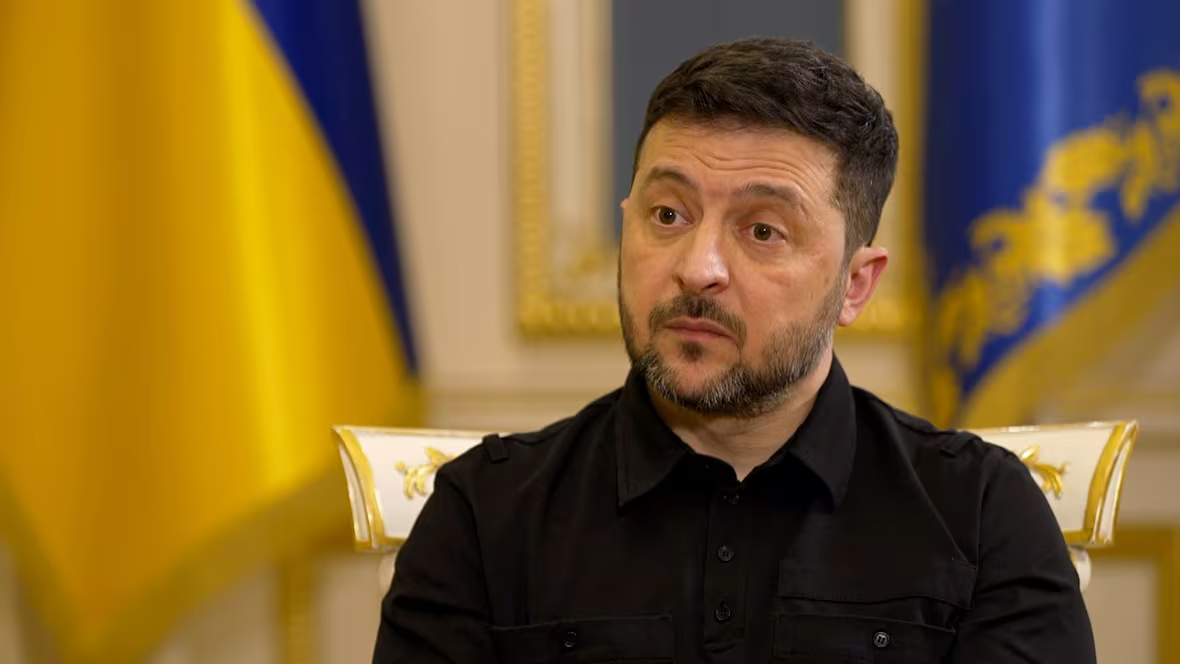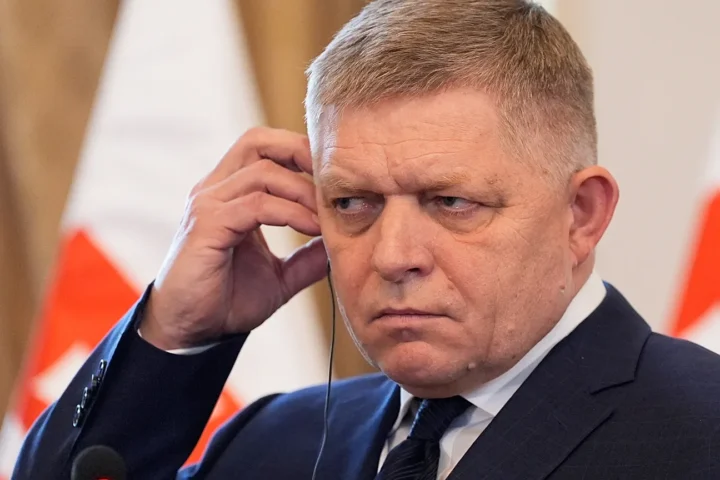This evening, Czech Prime Minister Petr Fiala arrived in Berlin on an official visit and was received with military honors by German Chancellor Friedrich Merz — marking the first such ceremonial reception for a Czech head of government since 2018.
Fiala, who has served as prime minister since 2021, held talks with Merz focusing on border control, migration, defense cooperation, economic relations, and transport infrastructure. While expressing understanding for Germany’s decision to tighten internal border checks, Fiala called for a coordinated European approach to tackle illegal migration.

Both leaders agreed that effective migration policy is essential to prevent the rise of populism across Europe. “If we don’t offer solutions, populists will fill the vacuum,” Fiala warned. Merz echoed the concern, adding that while there are discussions with neighboring countries, there is no fundamental disagreement over the necessity of current border measures.

On the topic of defense, the Czech Republic expressed interest in deepening military-industrial cooperation, including participation in the production of German Leopard tanks and collaboration on the American F-35 fighter jetprogram. Fiala stressed that Czech companies seek involvement not only for national procurement but also as part of broader industrial participation. Both leaders reaffirmed their unwavering support for Ukraine, with the Czech Republic playing a key role in the European ammunition procurement initiative.
Transport links between the two countries were also on the agenda. A high-speed railway connecting Berlin and Pragueis expected to cut travel time to two hours, while improvements on the Prague–Munich route are also being planned.

During the joint press conference, Chancellor Merz addressed Germany’s decision not to sign the joint declaration by 28 countries calling for an immediate ceasefire in the Gaza Strip. He explained that Germany’s position remains closely aligned with that of the European Council, and emphasized his personal appeal to the Israeli government to halt large-scale military operations and allow humanitarian aid into Gaza.
The 28-nation declaration, signed by countries including France, the United Kingdom, and Italy, strongly condemns Israeli actions as “inhumane” and in breach of international humanitarian law. Germany, however, has adopted a more cautious and diplomatic tone. Meanwhile, the SPD parliamentary faction has urged the federal government to support the joint appeal.

As the humanitarian crisis in Gaza intensifies, reports from the United Nations and the Palestinian Ministry of Healthcite over 1,000 civilian deaths, widespread starvation, ongoing attacks, and a blockade on humanitarian deliveries. The Israeli government has announced plans to establish a camp in southern Gaza for 600,000 displaced Palestinians, where residents would reportedly face restrictions on movement.
Several international human rights organizations have accused Israel of ethnic cleansing and the use of starvation as a method of warfare. The International Court of Justice in The Hague is currently examining allegations of genocide.
Source: Berliner Telegraph (official media)

